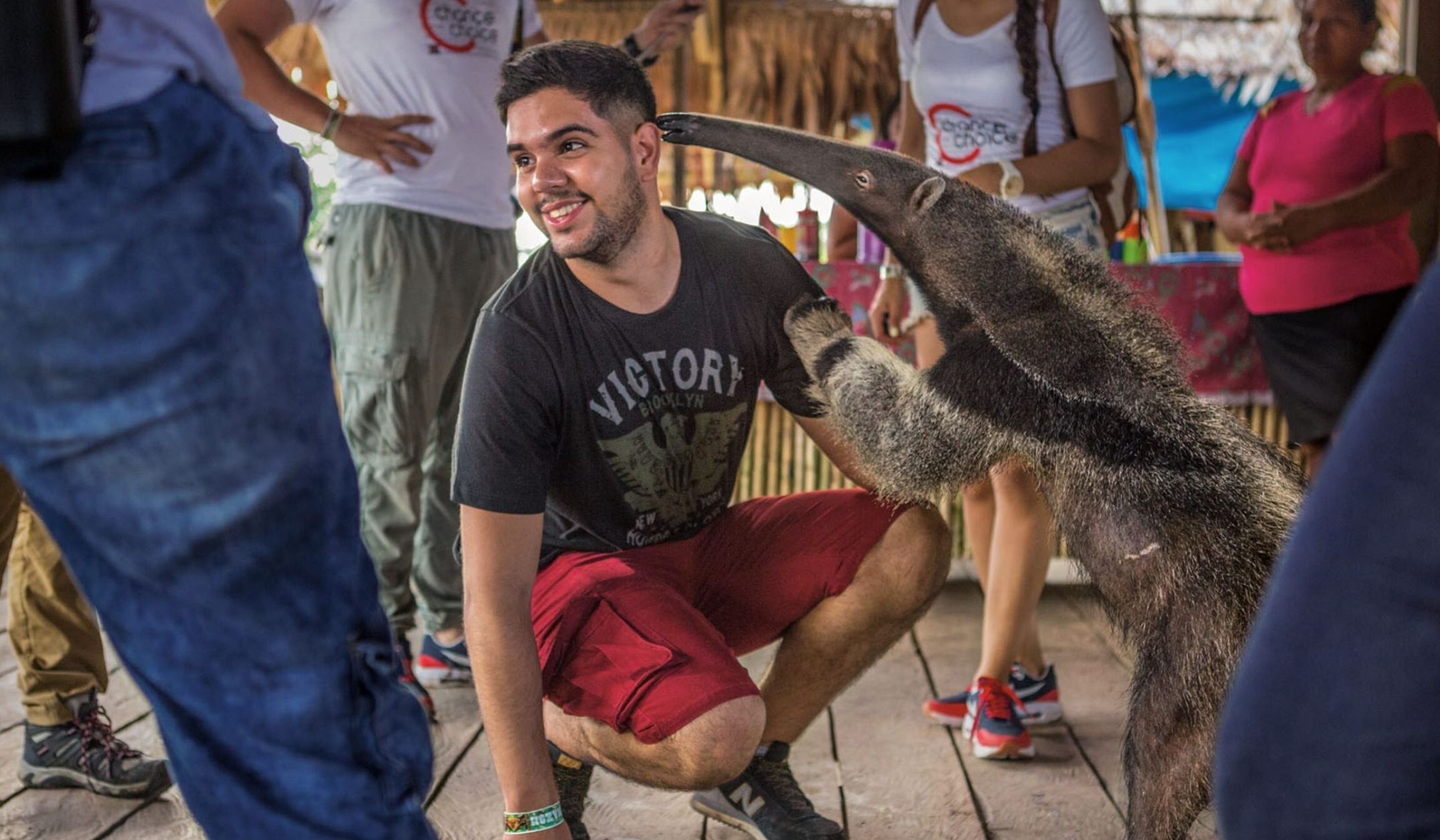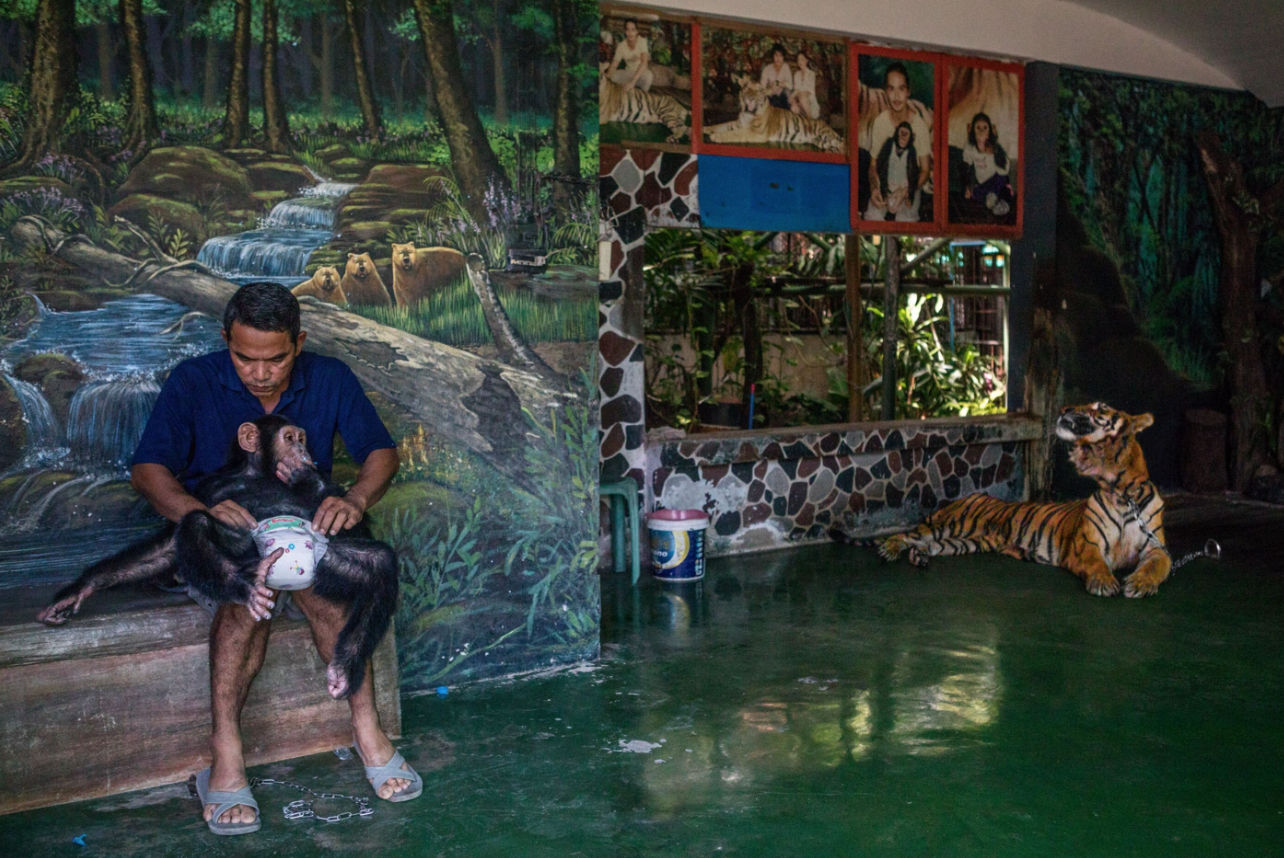The Power of Responsible Wildlife Tourism
We all love the thrill of being up close and personal with animals, especially those that are rare and not part of our everyday lives back home. The allure of encountering majestic creatures in their natural habitats has drawn travelers from all corners of the globe to participate in wildlife tourism. However, with this privilege comes a responsibility to ensure that our interactions with wildlife are respectful, ethical, and sustainable.
This is where responsible wildlife tourism comes in. Responsible wildlife tourism, also known as ethical wildlife tourism or sustainable wildlife tourism, refers to a form of travel that emphasizes the well-being of animals, conservation of natural habitats, and the promotion of positive impacts on local communities. It aims to provide travelers with opportunities to observe and engage with wildlife while ensuring minimal disruption to the animals and their environments.
Wildlife tourism, also known as ecotourism or animal tourism, has gained immense popularity in recent years as travelers seek unique experiences with nature's most majestic creatures. It involves visiting natural habitats to observe and interact with wild animals, often in their native environments. While wildlife tourism can provide incredible encounters and educational opportunities, it is crucial to understand its impact on the animals involved. After reading this blog you will know on the suffering animals endure, the importance of responsible wildlife tourism, what travelers should look out for, and organizations working to eradicate animal cruelty in this industry.
Wildlife tourism and animal cruelty
Wildlife tourism and animal cruelty are unfortunately intertwined in certain aspects of the industry. While wildlife tourism can offer enriching experiences and educational opportunities, it also poses risks to the welfare of animals involved. Unscrupulous operators may exploit captive animals for profit, subjecting them to harsh living conditions and unnatural interactions with tourists. Activities like riding elephants, taking photos with sedated tigers, or swimming with captive dolphins can cause immense physical and psychological suffering to these animals. To address this issue, responsible travelers must be vigilant in choosing wildlife tourism experiences that prioritize animal welfare, support conservation efforts, and promote ethical practices. By raising awareness about animal cruelty in wildlife tourism and actively supporting responsible alternatives, we can work towards creating a more compassionate and sustainable approach to wildlife encounters.
The importance of responsible wildlife tourism
By adhering to ethical practices, responsible wildlife tourism allows travelers to observe and engage with wildlife in a manner that minimizes stress and disruption to the animals. This, in turn, helps to protect the delicate balance of ecosystems and ensures the survival of endangered species for future generations. Furthermore, responsible wildlife tourism fosters environmental awareness among travelers, inspiring them to become advocates for wildlife conservation and sustainable travel practices. By choosing to be responsible wildlife tourists, we can make a positive impact on the natural world, supporting the coexistence of humans and wildlife while safeguarding the planet's precious biodiversity.
What should you look for in wildlife tourism
When engaging in wildlife tourism, several important factors demand attention to ensure responsible and ethical experiences. First and foremost, travelers should prioritize the well-being of the animals, avoiding any activities that involve direct contact, riding, or exploiting wildlife for entertainment (such as taking pictures with animals, dolphin shows and camel rides). Instead, seek opportunities that allow animals to roam freely in their natural habitats, observing them from a respectful distance. Research the reputation and practices of tour operators and attractions, favoring those committed to conservation efforts and responsible wildlife interactions. Responsible wildlife tourism also considers the impact on local communities, supporting initiatives that benefit both wildlife and the people living in these areas. Be careful with venues that claim to be sanctuaries. Many say they are a sanctuary so people think they are choosing an ethical location. By choosing wildlife tourism experiences carefully, travelers can foster a harmonious coexistence with nature, leaving a positive impact on the animals and ecosystems they encounter.
Organizations and certifications
Several organizations are actively working to fight against animal cruelty in wildlife tourism and advocating for responsible and ethical practices. Some of these organizations include:
1. World Animal Protection: World Animal Protection is a global organization that campaigns to end the suffering of animals in the tourism industry. They work to raise awareness about the impact of wildlife tourism on animals and promote responsible and ethical wildlife experiences.
2. Born Free Foundation: Born Free is dedicated to protecting wild animals and ending cruelty in wildlife tourism. They advocate for the conservation of endangered species and work to raise awareness about the welfare of captive animals.
3. World Wildlife Fund (WWF): WWF is a leading conservation organization that works to protect wildlife and their habitats. They promote responsible tourism practices and collaborate with local communities to support wildlife-friendly tourism initiatives.
4. Global Federation of Animal Sanctuaries (GFAS): GFAS is an accrediting organization that ensures sanctuaries and wildlife facilities meet high standards of care and welfare for animals. They strive to eradicate animal cruelty in wildlife tourism by promoting ethical practices.
5. Humane Society International (HSI): HSI works globally to protect animals from cruelty and exploitation. They advocate for responsible wildlife tourism practices and campaign against activities that harm animals for entertainment.
6. International Fund for Animal Welfare (IFAW): IFAW focuses on rescuing and protecting animals worldwide. They work to end wildlife trafficking and promote sustainable wildlife tourism that benefits animals and communities.
7. Association of Zoos and Aquariums (AZA): AZA accredits zoos and aquariums that adhere to high standards of animal care, conservation, and education. They promote ethical wildlife interactions and support responsible wildlife tourism initiatives.
8. Travelife Certification: Travelife is an international certification system that promotes sustainability in the tourism industry. Their certification includes criteria for wildlife protection and responsible wildlife tourism practices.
9. Wildlife Friendly Enterprise Network (WFEN) Certification: The WFEN certification is awarded to businesses that actively contribute to wildlife conservation and habitats while ensuring the well-being of local communities.
10. Rainforest Alliance Certified: The Rainforest Alliance's certification program acknowledges tourism businesses that demonstrate environmental and social responsibility, including efforts to protect wildlife and promote conservation.
11. Global Sustainable Tourism Council (GSTC) - Wildlife Friendly Certification: The GSTC's Wildlife Friendly Certification recognizes tourism businesses and destinations that uphold sustainable practices, contribute to wildlife conservation, and minimize negative impacts on natural habitats and species.
12. The World Cetacean Alliance (WCA) . The WCA is global partnership dedicated to the protection and conservation of cetaceans and their habitats.
You can check out their websites and learn more about responsible wildlife tourism. Some of them also have a list of venues which operate in line with the principles of responsible wildlife tourism. By supporting these organizations and their efforts to combat animal cruelty in wildlife tourism, travelers can make a significant contribution to the well-being of wildlife and the preservation of our planet's biodiversity.
Wildlife tourism provides a platform for travelers to connect with nature and understand the importance of wildlife conservation. By choosing responsible wildlife encounters and supporting organizations committed to animal welfare, we can ensure that our experiences with wildlife contribute positively to the preservation of these magnificent creatures and their habitats. Through conscious choices and compassion, we can create a sustainable and ethical future for wildlife tourism that respects the well-being of animals and fosters a deeper appreciation for the natural world.
All photos come from National Geographic.






